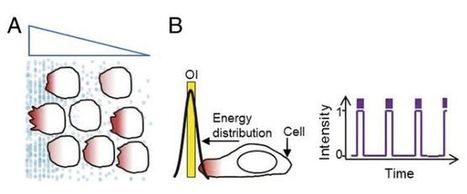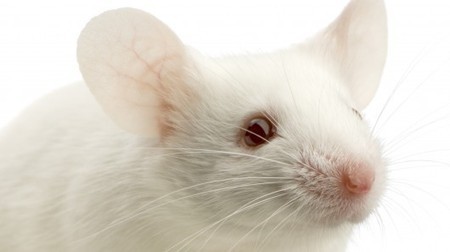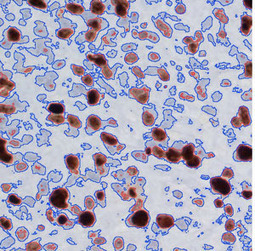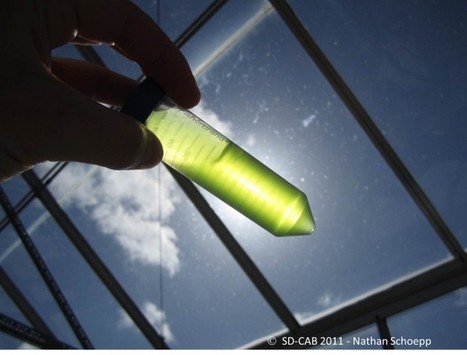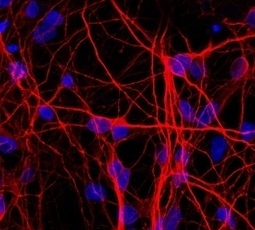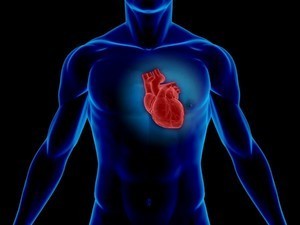The up regulation of gut mucosal cytokines such as tumor necrosis factor (TNF)-α and oxidative stress have been related to inflammatory bowel diseases (IBD) such as ulcerative colitis (UC) and Crohn's disease (CD). This study investigated an immune-mediated model of colitis.
TNF-α injected intraperitonally to mice induced a dose-dependent recruitment of neutrophils into abdominal mesentery. The leukocytes influx induced by TNF-α (10 μg kg(-1) body weight) increased by 3 fold liver and colon damage scores. TNF-α-colitis was characterized by hemorrhagic edemas and crypt abscesses massively infiltrated by inflammatory cells, namely neutrophils. Moreover, TNF-α-toxicity resulted in liver steatosis and foci of necrosis infiltrated by Kupffer cells and neutrophils in parenchyma and around the centrilobular veins. The involvement of oxidative stress was evaluated using aminoguanidine (AG) as selective inhibitor of inducible NO synthase (iNOS) and curcumin (Cur), the polyphenolic antioxidant of turmeric (Curcuma longa L.).
TNF-α-toxicity led to significant increase in myeloperoxidase (MPO, an index of neutrophils infiltration), nitrites (stable nitric oxide metabolites) and malondialdehyde (MDA, a marker of lipid peroxides) levels and cell apoptosis in liver and colon. AG and Cur treatments significantly attenuated the hallmarks of oxidative stress, neutrophils influx and ROS-related cellular and histological damages, in TNF-α-treated mice.
Taken together, our results provide insights into the role of phagocytes-derived oxidants in TNF-α-colitis in mice. Cur and AG, by inhibiting neutrophils priming and iNOsynthase could be effective against oxidative bowel damages induced in IBD by imbalanced gut immune response.
REFERENCE:
Int Immunopharmacol. 2012 Jan;12(1):302-11. Epub 2011 Oct 29.
Aminoguanidine and curcumin attenuated tumor necrosis factor (TNF)-α-induced oxidative stress, colitis and hepatotoxicity in mice.
Mouzaoui S, Rahim I, Djerdjouri B.



 Your new post is loading...
Your new post is loading...

